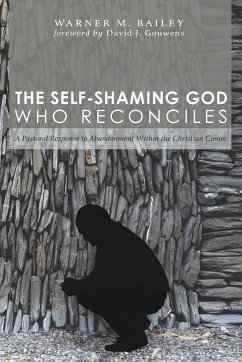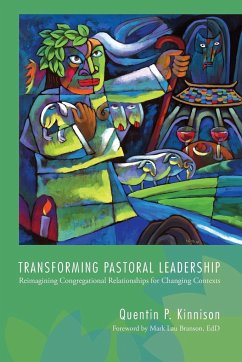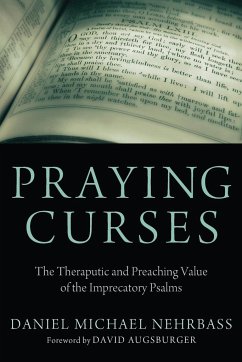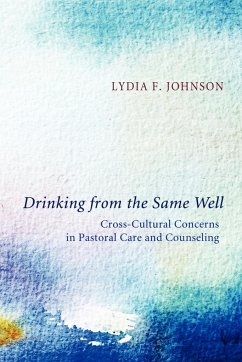Trust is at the heart of healthy relationships. When trust is broken, the victim is made to feel as nothing. The Bible calls this experience of betrayal ""to be shamed."" When the victim names God as the betrayer, those who exercise pastoral care in the church are faced with a spiritual crisis. Pastors and those who exercise pastoral care are led through biblical study and theological reflection to insights that strengthen their role in the recovery of both the victims and the perpetrators of betrayal. Central to this recovery is the solidarity of the self-shaming God with both victim and perpetrator. At the cross, shame reaches its most intense expression as Jesus voices his abandonment by God. Centering this pivotal experience in a doctrine of the Trinity makes clear how shame defines the very core of the redemptive work of God as Father, Son, and Spirit. Through the resurrection of Jesus, God triumphs over shame, and this vindication of God's integrity is the basis for the evangelistic preaching of the early church. The Self-Shaming God Who Reconciles underscores how Scripture functions as a theological document when interpreted canonically.








